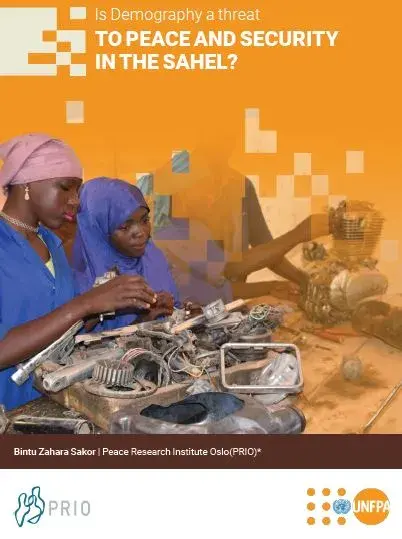The increase in various forms of violent conflicts across sub-Saharan Africa has led scholars and policy makers to raise questions about the correlations between demography, peace and security. In regions such as the Sahel, peace and development have in recent years been threatened by increasing internal and cross-borders security challenges including armed conflicts, extreme terrorist attacks (by jihadist groups such as Boko Haram, Al Qaeda, or IS- affiliated groups, and the separatist Tuareg rebel) and organized crime. Precisely, the region has observed a devastating surge in terrorist attacks, with its so-called Sahel countries like Mali, Niger and Burkina Faso witnessing terrorist-related casualties increasing five-fold since 2016 (UN News, 2020). The situation is further exacerbated by environmental degradation, poor governance, and massive influx of migrants from other sub-Saharan African states.
Family planning
Human rights
Is Demography a threat To peace and security in the Sahel?

Publisher
Number of pages
52
Author
UNFPA WCARO
Situation Report
Is Demography a threat To peace and security in the Sahel?
Publication date
06 December 2020

